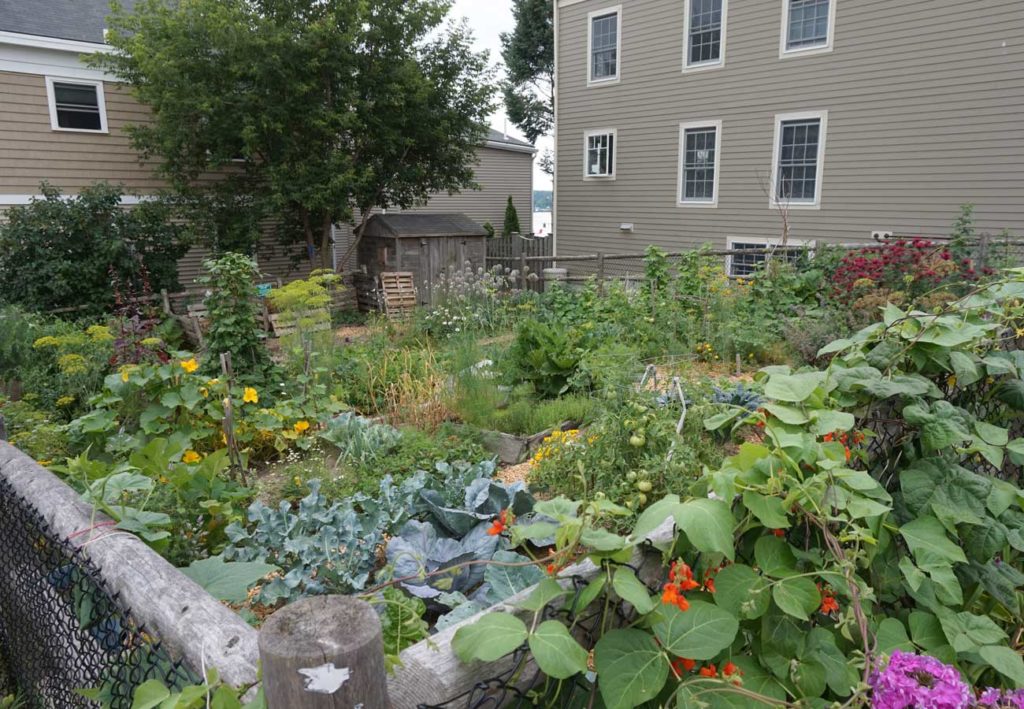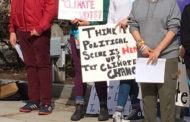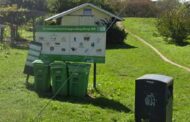Climate change presents us with ever more serious challenges – financial, food, and housing insecurity, not to mention the strain on physical and mental health. We must rely more on each other to get by. The pandemic certainly brings this point home. How do we build the inclusive, regenerative economy we need? Start by building the organizations, community groups, and business structures that will support an enhanced new, energy efficient, and waste free lifestyle.
NEW SYSTEMS FOR WORKING TOGETHER
Everyone has a stake in this. And we need to hear from everyone. But we’re not starting from zero. Efforts like worker cooperatives provide shining examples of what’s possible when ordinary people come together. Many of those marginalized by our current system are finding ways of resourcing the people and organizations needed for a just and equitable transition to a carbon-neutral future. Those rich in experiential knowledge and participatory processes have the expertise we need to ensure the sustainable production and accessible distribution of healthy food, track progress on energy efficiency and waste reduction, and improve transportation.
Small “d” democracy is what local organizations, neighborhood associations, and community groups do. And that’s what we’ll need to establish a wide variety of cooperative enterprises to serve multiple purposes.
Complete Neighborhoods
The concept of “Complete Neighborhoods,” is a cornerstone of the One Climate Future (OCF) plan. Complete neighborhoods bring residents into closer contact with one another as we access the necessities of daily life. The plan includes clustering transportation hubs, housing, schools, civic functions, food, and open space within easily walkable or bikeable distances. With increasing independence from personal cars, we will see more commuter shuttles, rideshare programs, and facilities for bicycle storage.
Community Gardens

Another way of bringing people closer together is to stabilize and expand the supply of healthy local food. Due to climate change, we can no longer rely so extensively on food from away. The shipping of food from the far corners of the country and beyond produces substantial amounts of greenhouse gas emissions. OCF calls on our twin cities of Portland and South Portland to expand the network of community gardens. Make community gardens available in all neighborhoods.
The final “Big Move” in the OCF plan calls for careful monitoring to track greenhouse gas emissions and expanding distributed (small-scale) energy resources.
BRIGHT IDEA: Everything Must Change
“Every aspect of our lives currently controlled by shareholder profits must be rethought and rebuilt in the context of terrestrial survival.” –Ben Ehrenreich, The New Republic, 4/21
Access the full draft of the OCF plan at www.oneclimatefuture.org under “Reports.”
Bright Ideas is brought to you by Portland Climate Action Team which, during the pandemic, meets online on the 4th Thursday of the month, 6-7:30 p.m. All are welcome to join in. FMI: portlandclimateaction@gmail.com.





